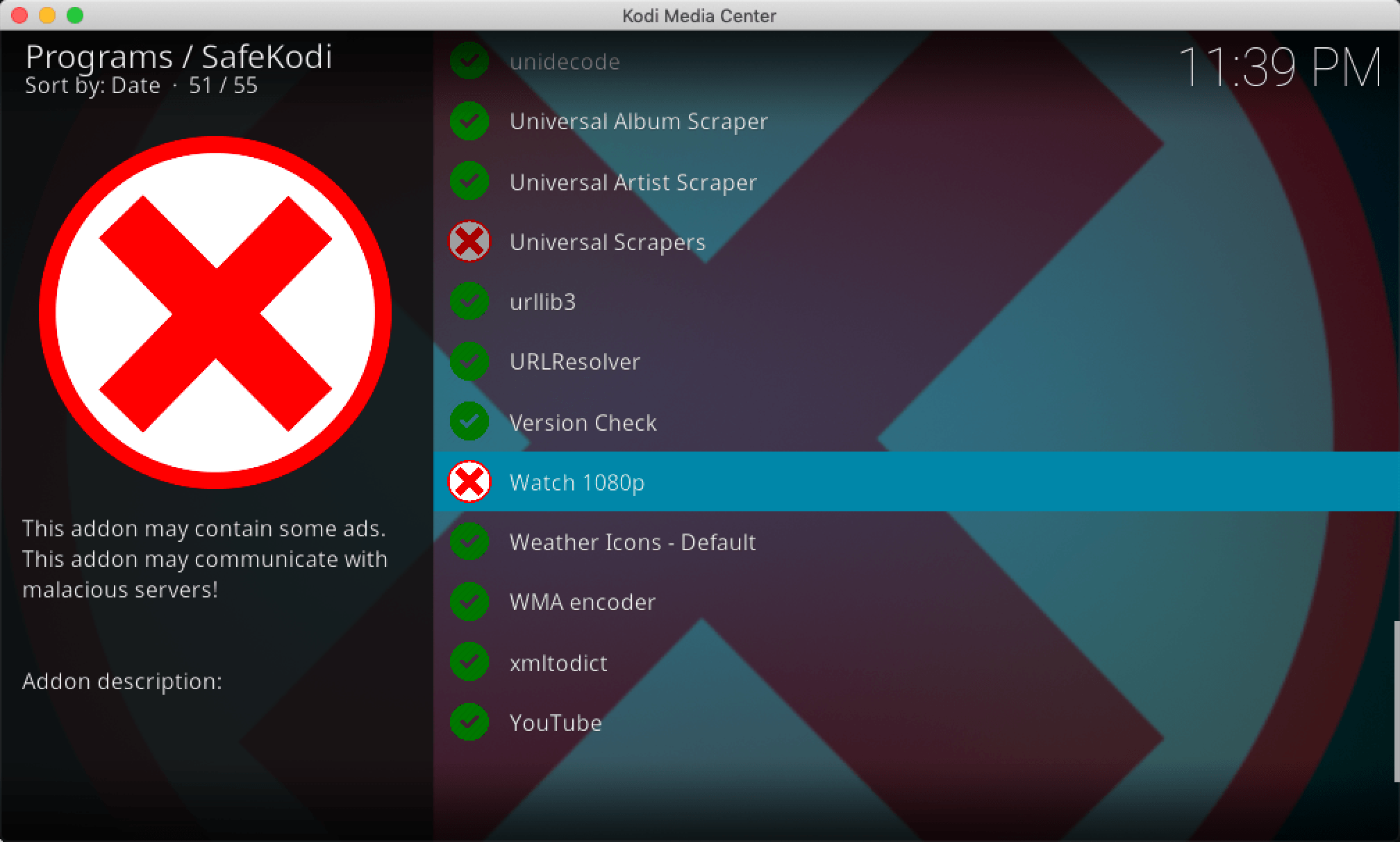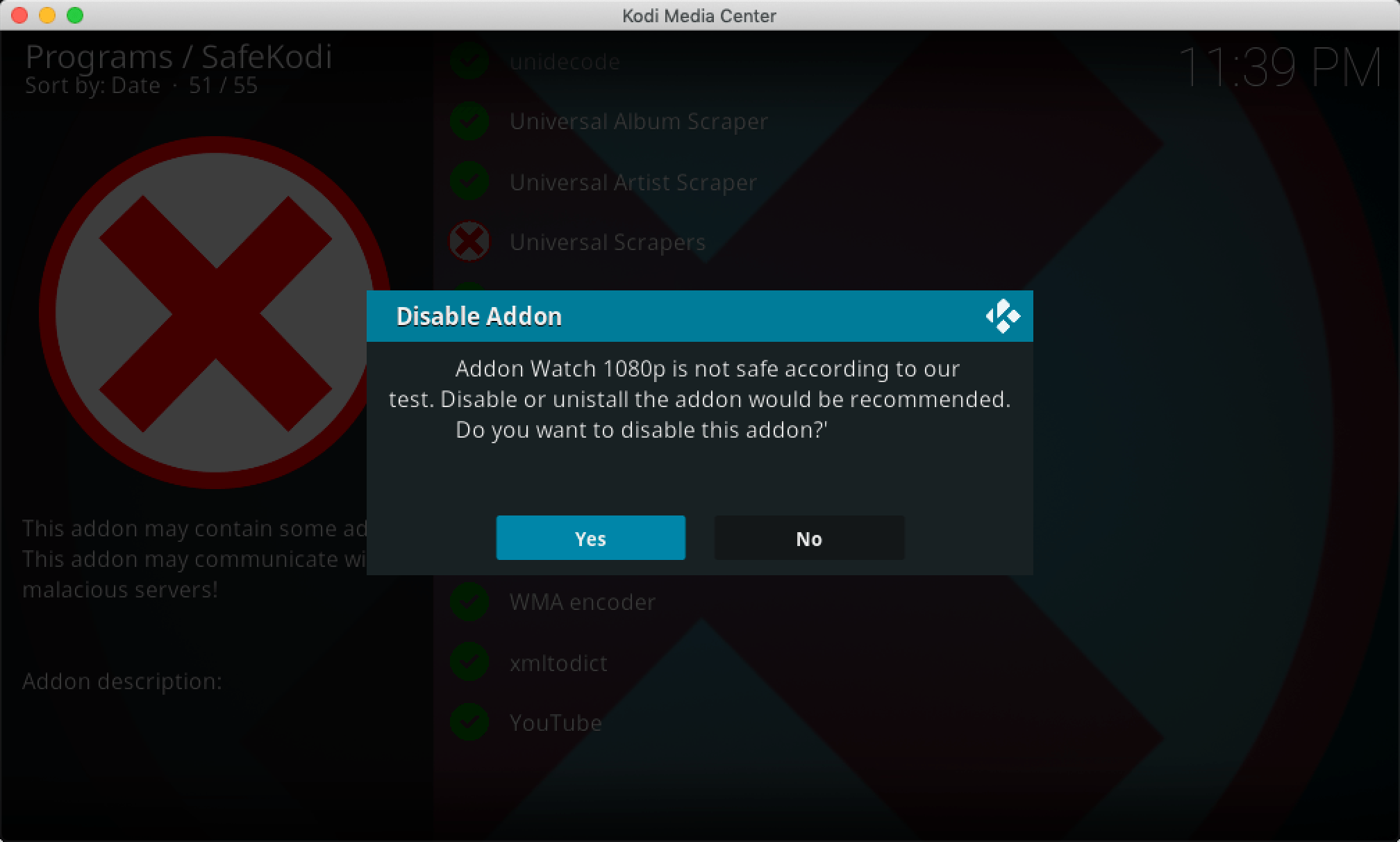Cloudflare Geo-Blocks 22 Pirate Sites in Italy Following Court Order
dimanche 8 mars 2020 à 21:23 As one of the leading CDN and DDoS protection services, Cloudflare is used by millions of websites across the globe. This includes many pirate sites.
As one of the leading CDN and DDoS protection services, Cloudflare is used by millions of websites across the globe. This includes many pirate sites.
In recent years many copyright holders have complained about Cloudflare’s involvement with these platforms.
Thus far the U.S. company has refused to take any action without a court order. In various legal proceedings, Cloudflare argued that it’s a neutral third-party service that merely caches content. Even when Cloudflare disconnects customers, their associated sites remain operational.
This week Cloudflare published its latest transparency report which makes this stance clear. For example, the company stresses that it doesn’t respond to DMCA notices by removing cached content. Instead, it forwards the notices to the respective customers.
According to Cloudflare, it received only three DMCA notices in 2019 that identified permanently stored content. These were dealt with appropriately. The rest of the notices were passed on to clients.
While this policy isn’t new, the transparency report also highlights a new phenomenon. According to Cloudflare, the company has started to block visitors from Italy accessing 22 domain names, following a local court order.
Cloudflare reports that an Italian court ordered the company to block access to the domains of several copyright-infringing websites. This took place last summer but as far as we know the case remains unreported in the media.
“Pending further litigation, Cloudflare took steps in July 2019 to disable access to those websites to the extent that they used Cloudflare’s services to respond to requests from Italy or used Cloudflare equipment in Italy,” Cloudflare writes.
“The court order included requests related to 131 domains and 15 accounts. Cloudflare took action to geoblock 22 domains that were using our service at the time the order was issued,” the company adds.
The domains in question are not blocked outside of Italy, but which domains are affected by the geo-blocking efforts is unknown. Cloudflare didn’t respond to our request for further details.
We also asked several legal representatives of copyright holders in Italy, but they couldn’t point us to the underlying order either.
There is a related Cloudflare case in Italy which we previously reported on. In a ruling in favor of Italian broadcaster RTI, handed down by the Commercial Court of Rome last June, Cloudflare was ordered to immediately terminate the accounts of several pirate sites. There was, however, no mention of geo-blocking or blocking in general.
TorrentFreak spoke to RTI’s attorney Alessandro La Rosa who says that the pirate sites involved in the RTI case still use the services and infrastructure provided by Cloudflare. He is not aware of any blocking efforts either.
If more details become available on the geoblocking targets we will update this article accordingly.
Italy is not the only country where Cloudflare is taking action against pirate sites. The transparency report also confirms that it reached an agreement with several large manga publishers in Japan, as we reported last month.
“As part of the resolution of a lawsuit in Japan, Cloudflare has come to an agreement with certain Japanese publishers to clear existing cached content and cease caching in Japan for certain websites determined by the Tokyo District Court to be infringing copyright,” Cloudflare writes.
The above shows that while Cloudflare may indeed be a neutral service provider, it can and does take steps to curb copyright infringement on occasion. It remains to be seen whether the two legal issues detailed above are just the start and whether new demands will appear moving forward.
Drom: TF, for the latest news on copyright battles, torrent sites and more. We also have an annual VPN review.




 Like any other Hollywood movie, pirated copies of the movie “
Like any other Hollywood movie, pirated copies of the movie “



